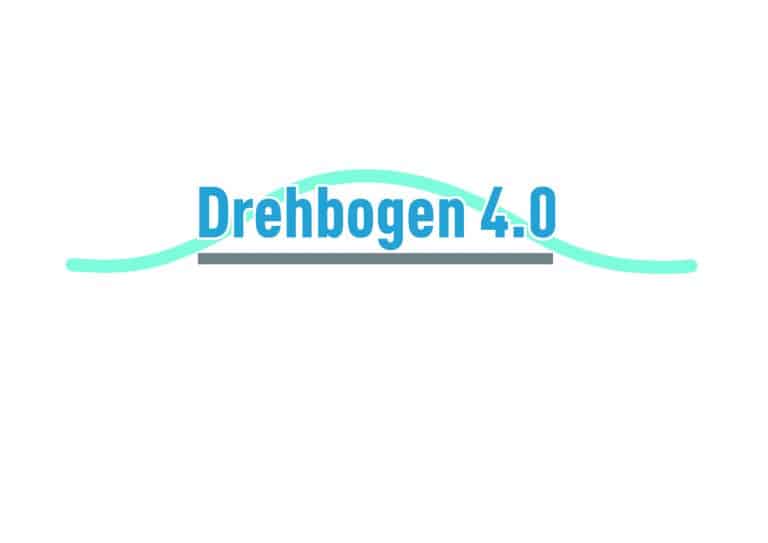
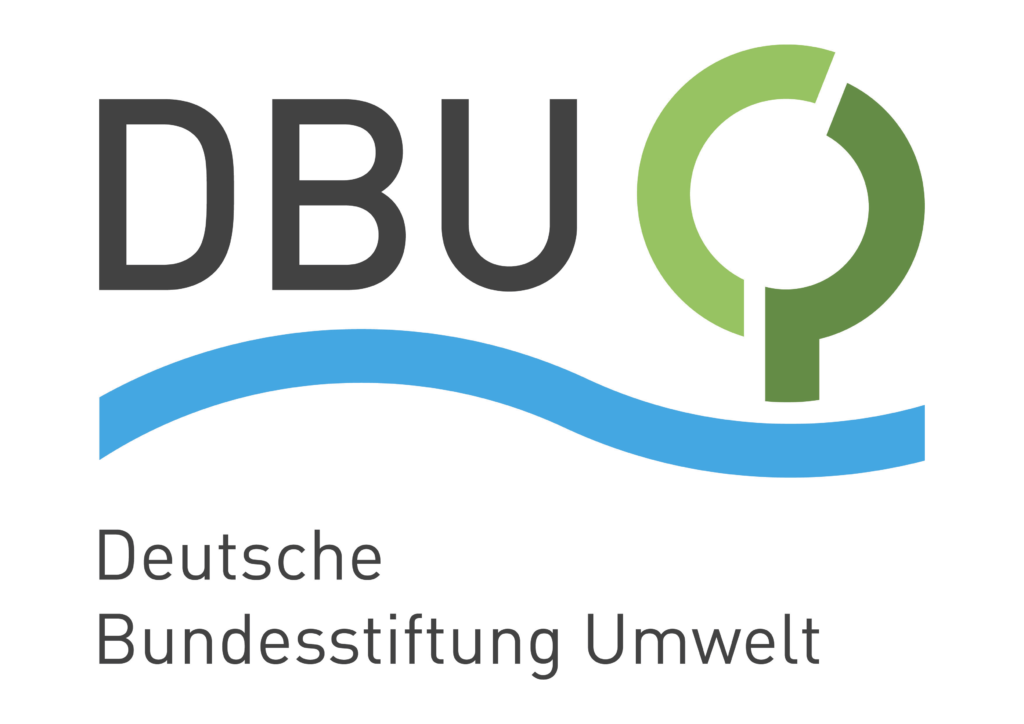
The increase in extreme weather events on the one hand and demographic changes on the other are increasingly influencing the operation of sewer systems, especially as combined systems. Significant challenges exist, for example, in the management of different inflow volumes, which increasingly lead to an overflow of existing sewer networks as a result of heavy rainfall or cause an increased occurrence of discharge events and thus water pollution. Furthermore, declining population figures or increased water conservation lead to a significant decrease in the volume of wastewater, which leads to a sharp increase in sediment in the sewer, especially during prolonged dry periods. One approach to overcoming this challenge is the transition from static to dynamic sewer network management. An essential core element is controllable/regulatable throttle and closure devices that are able to influence wastewater volumes within a sewer system in a targeted and desired manner.
The "Dresden elbow" is a movable pipe section consisting of three opposing pipe elbows with an adjustment angle of 0 to 90°. It does not cause any constriction of the pipe cross-section due to the installation of a control element. This means that the full hydraulic capacity is maintained in every operating situation. Furthermore, the apex of the water wave can be set higher than the natural water level in the gravity sewer. This means that the rotating bend can be used more effectively, especially as a flushing instrument. In addition, a feasibility test is to be carried out to determine whether and how installed systems can be modified by exchanging pipe bend parts. As the rotating bend has so far only existed once as an individually planned and built prototype as part of the DBU funding project (Ref.: 00650/01-/04), and the underlying requirements and framework conditions are more than 30 years old, the entire system concept must be subjected to a general review and complete reengineering in order to be able to implement the identified innovation approaches.
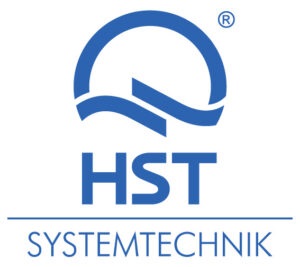
HST Systemtechnik GmbH & Co. KG
Heinrichsthaler Street 8
59872 Meschede
The research here is tough.


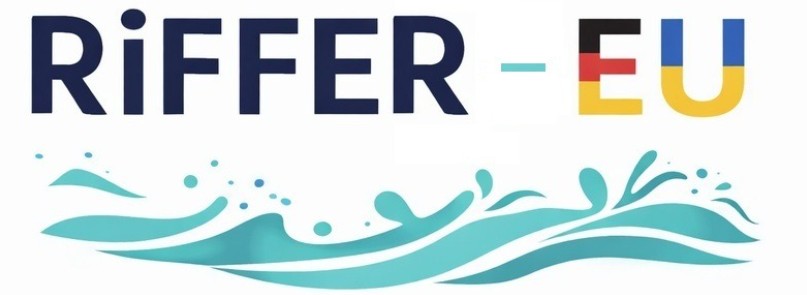

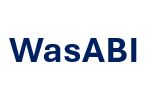
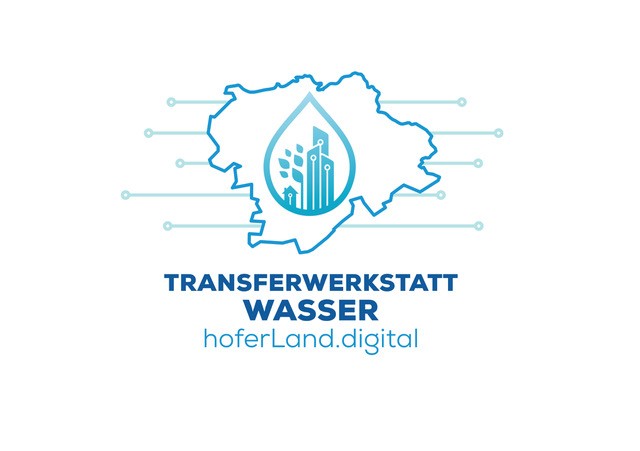
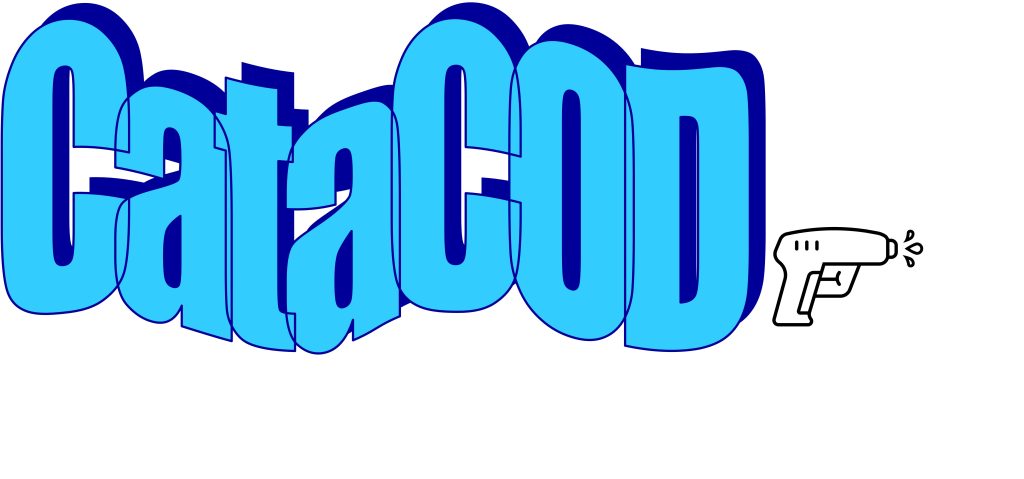



News about the inwa and its events.